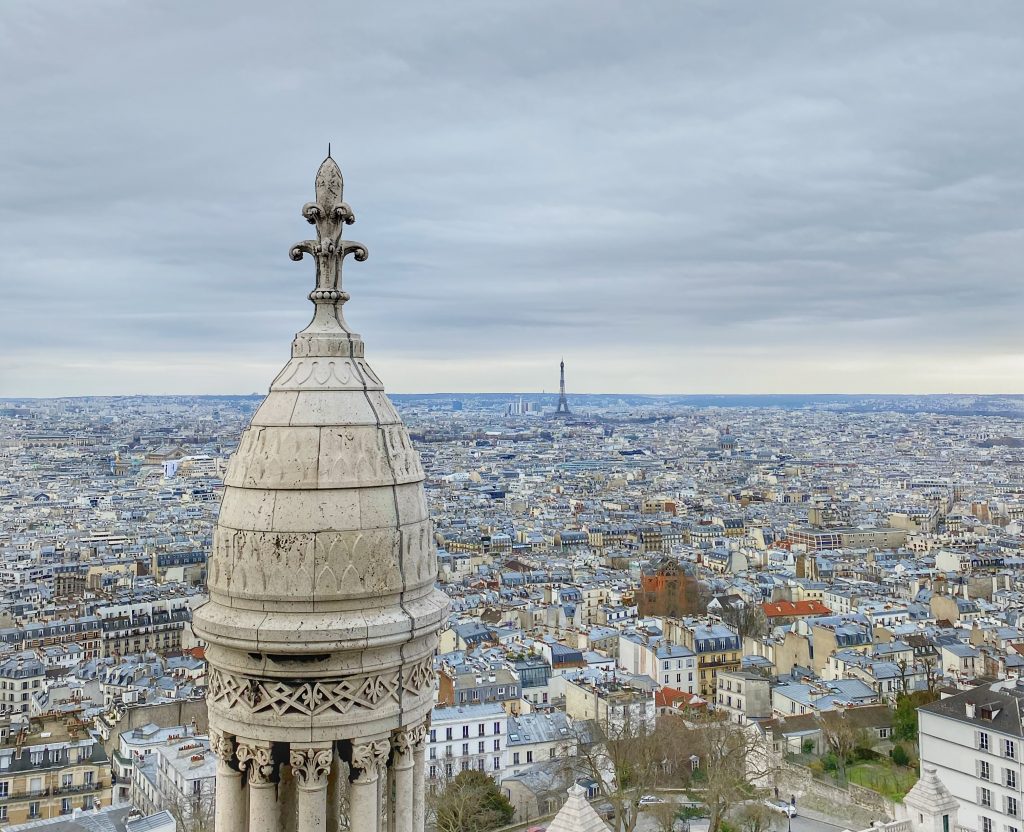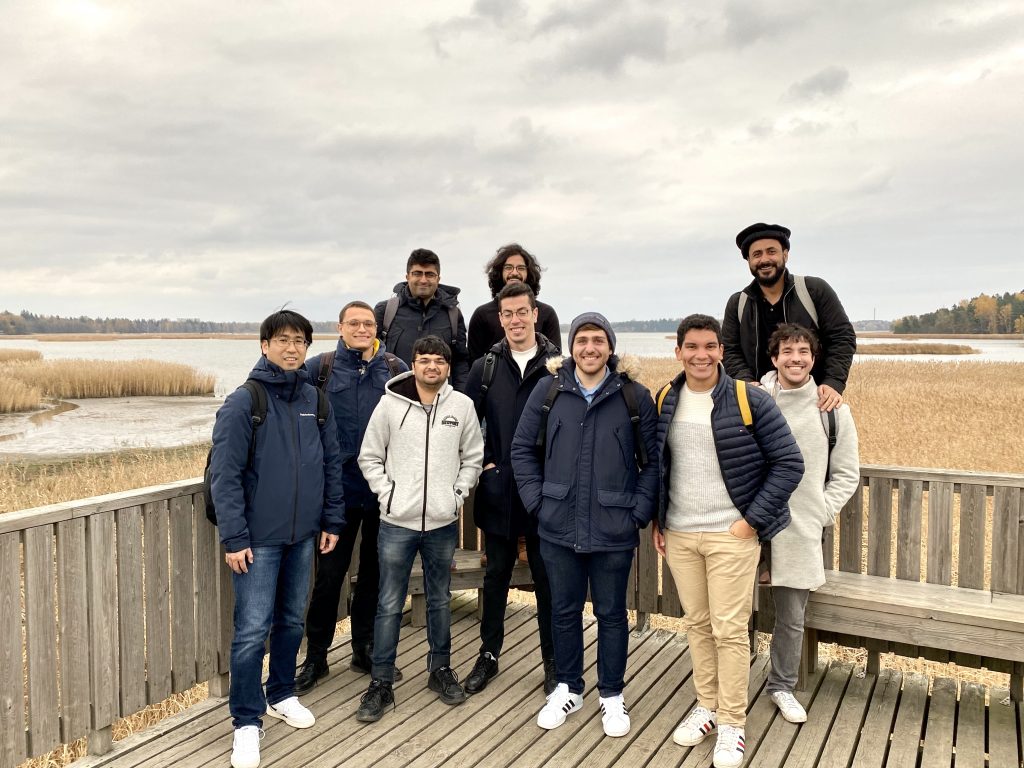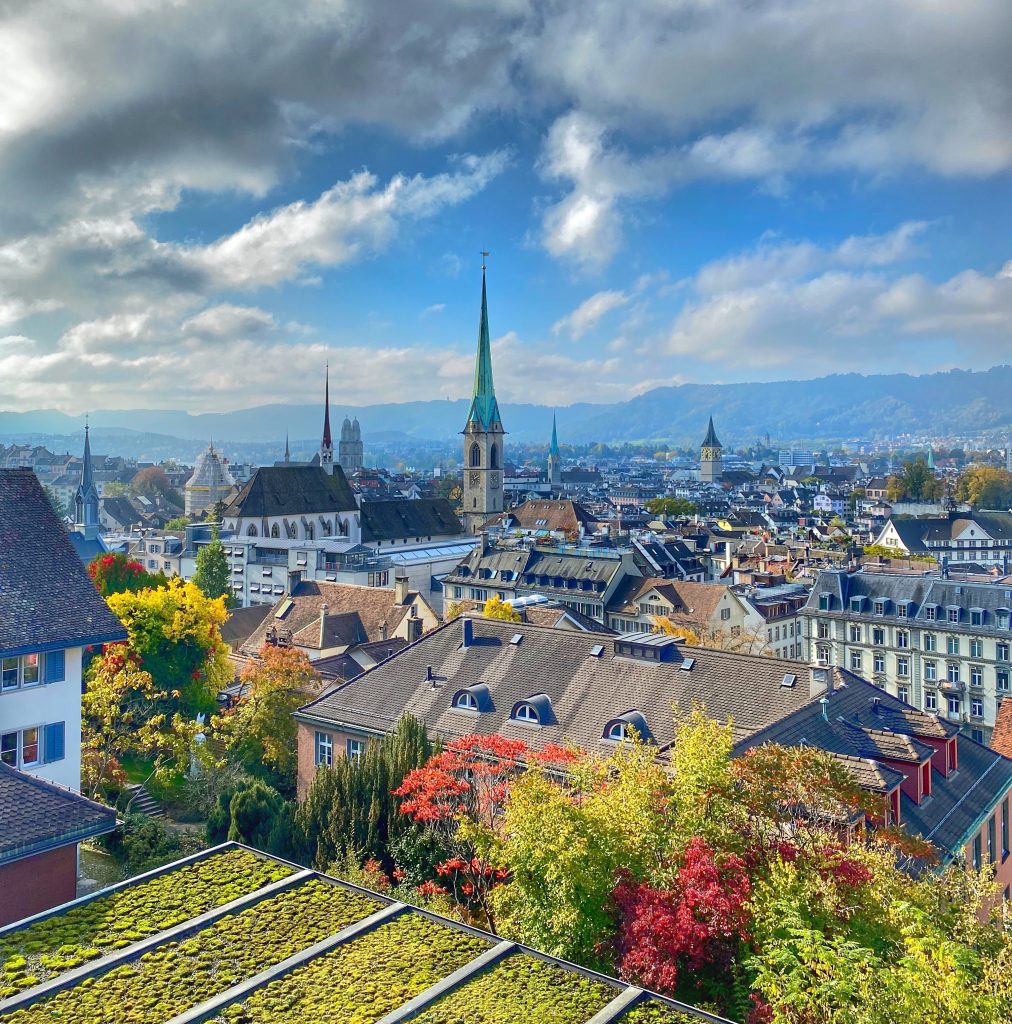I am a Marie Curie PhD fellow and part of ITN WINDMILL as an early stage researcher (ESR). We are working on the integration of machine learning algorithms in wireless communications networks. I am often contacted by students about my experience as an ESR and about Marie Curie fellowship, and the most commonly asked question is, how can they also be a part of such a prestigious program. Marie Curie fellowships are well known for their generous funding, but that’s not the only attractive thing about them.
I have put together this interactive Q&A with my friend ‘M’, hoping it will provide aspirant students an insight of my experience as an ESR.
M: What is Marie Curie ITN?
Me: The Marie-Skłodowska-Curie innovative training network (ITN) is Europe’s flagship fellowship doctoral training programme under Marie-Skłodowska-Curie Actions (MSCA). An ITN is formed when academic institutes and industries from EU and beyond partner up to work on a particular scientific area.
M: How did you hear about MSCA?
Me: I didn’t really have much career counseling from the university. I didn’t have many friends or family who knew about such matters to help me either. I always wanted to study abroad and for that, I mostly used “Google search” to familiarize myself with different scholarships and funding opportunities around the world after my bachelor degree. That’s how I mostly learned about it, but it doesn’t have to be this way. Then I was involved with couple of Facebook groups (e.g., Scholarship Network) that are about scholarships for Pakistani students, where I learned more about scholarships and also helped students who were motivated for higher studies. For MSCA fellowships, I suggest students to keep checking this website: https://euraxess.ec.europa.eu/ and search with right keywords.
M: Why did you choose Marie Curie Fellowship?
Me: Actually I had been proactively searching for MSCA fellowships related to my field of interest after my MS degree. Firstly, they offer generous funding and secondly, it offers more than a normal PhD scholarship: there are training events, opportunities for networking and collaboration and various courses that are helpful for your career (e.g., entrepreneurship training, career counseling, language courses etc.) And of course secondment opportunities in other research institutes and industry. Then there is a hype around it too especially in South Asian countries 😉

M: Let’s say you are accepted in another scholarship with the same amount of stipend (salary), will you still choose MSCA?
Me: Yes. As I said before, ITNs are not just about generous funding. The training, exposure, networking and career defining opportunities that you receive with MSCA fellowships is the reason I would still choose MSCA.
M: Tell me about ITN WINDMILL?
Me: WINDMILL is a unique project that is about researching at the intersection of wireless communication and machine learning — the application of machine learning tools to design sophisticated protocols for next generation of wireless networks. For instance, I am working on designing protocols for massive multiple access issues in massive machine-type communication (mMTC) paradigm.
M: How has your experience been so far as an ESR and in ITN WINDMILL?
Me: My experience has been great so far. I think WINDMILL has managed quite well especially at the start and it was fun meeting with other ESRs in our training events. Of course the last year has been a bit stressful due to COVID-19 restrictions, and being isolated in another country and not being able to attend our meetings in-person. I guess it has affected everyone and we are no different. I have grown as a person and as an early stage researcher both in terms of technical skills and interpersonal skills whilst being a part of WINDMILL.

M: How has COVID-19 affected you as an ESR?
Me: Like I said, most of us has been affected just like other people around the world. My mental health was affected and in turn it affected my research and PhD. Not being able to see people physically, being far from home and not being able to attend our meetings in-person was mentally exhausting. I think our last meeting before COVID-19 hit the world was in March’20 in Paris, and it was also our second meeting. Since then, our three meetings were online (which were supposed to be in-person) and it was at some point, demotivating. Finally, we had our first in-person meeting in Helsinki in Oct’21 and honestly speaking, it was refreshing and motivating for all of us — something we all needed desperately.
M: What has been the highlight of WINDMILL so far?
Me: Our in-person meetings has been one of the highlights. I believe physical meetings for effective networking and collaboration are essential. We had a great time in our kickoff meeting in Aalborg, Denmark (even though I was a victim of racism in Aalborg on an occasion,) and then the second meeting in Paris was excellent. It was refreshing to hang out with other ESRs, eat good food and talk about our research and share general experiences. Its motivational — presenting our work and sharing with other researchers and ESRs, provides one with helpful feedback about our own research.
The management involved us in the project as we elected an ESR representative who would attend supervisory board meetings and provide their input, and also keep ESRs in the loop. I was elected for the first year and it was a good experience. Another highlight, I had an excellent time (considering pandemic) in Zurich where I went for my secondment. Pity that I couldn’t meet people there regularly but it was still better than noting.
You see, these things may not seem to be a part of your technical research, but they hugely affect you both negatively and positively, and it indirectly affects your growth. I hope our supervisors are understanding it too. I think they are.
M: Any drawbacks of being an ESR and also ITN WINDMILL project?
Me: I wouldn’t say drawback but being an ESR mean you will have to prepare presentations and posters for the meetings, and also write reports and deliverables which may seem extra work but I believe it is all part of the training to gain extra skills. For example, writing this blog post is also one of our tasks.
I think WINDMILL project was managed well at the start. Somehow during COVID-19, we all felt a bit lost and I guess its mainly due to the exceptional circumstances. Not all of us have been able to go for secondments and in-person events. But I am hopeful, things will get better soon.

M: I know it’s not easy but what drives you to keep going in your PhD?
Me: Research needs a lot of resilience for something to work. Most of the times you will not get results that you want; your algorithm might not work as you would expect; you will face frustrating times and in such times, it’s important to keep believing in yourself. We work for the number of days when something actually works. Be curious, and the right support of your supervisors, friends and family will keep you motivated and help you go through.
M: If a student wants to apply for MSCA fellowships, what advise would you give for them?
Me: First of all, please keep checking the website of EURAXESS, and search with keywords of your interest. You will find projects related to you; apply for them following the instructions. Keep your CV updated, and tailor it for every application — you mustn’t be sending the same CV everywhere. The same goes for your motivational letter. Nothing fancy is required, just be yourself and trust yourself. Learn from rejections and failures, and never give up. Perseverance is the key. You will definitely get there or end up somewhere better.